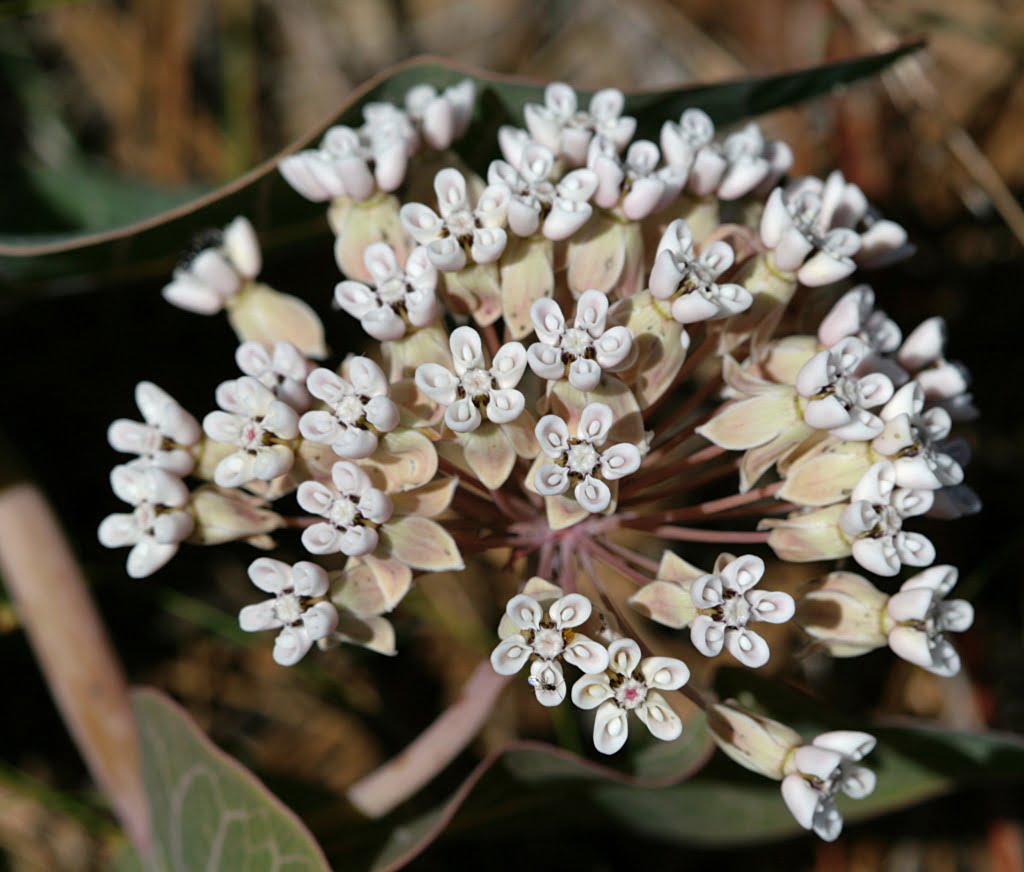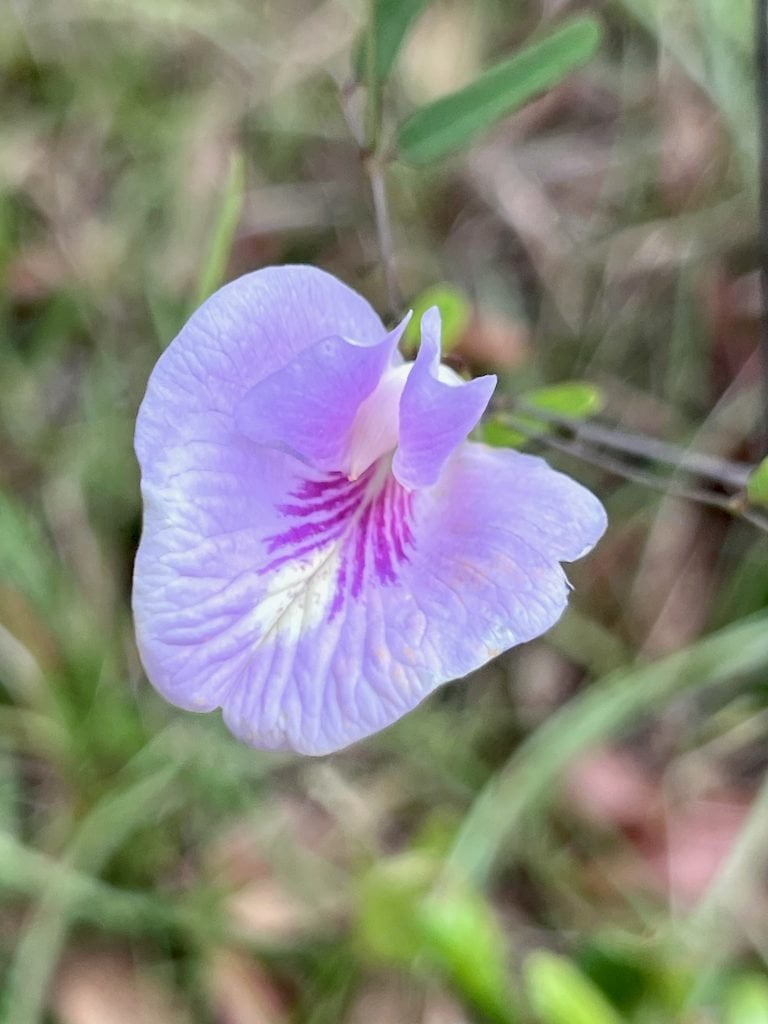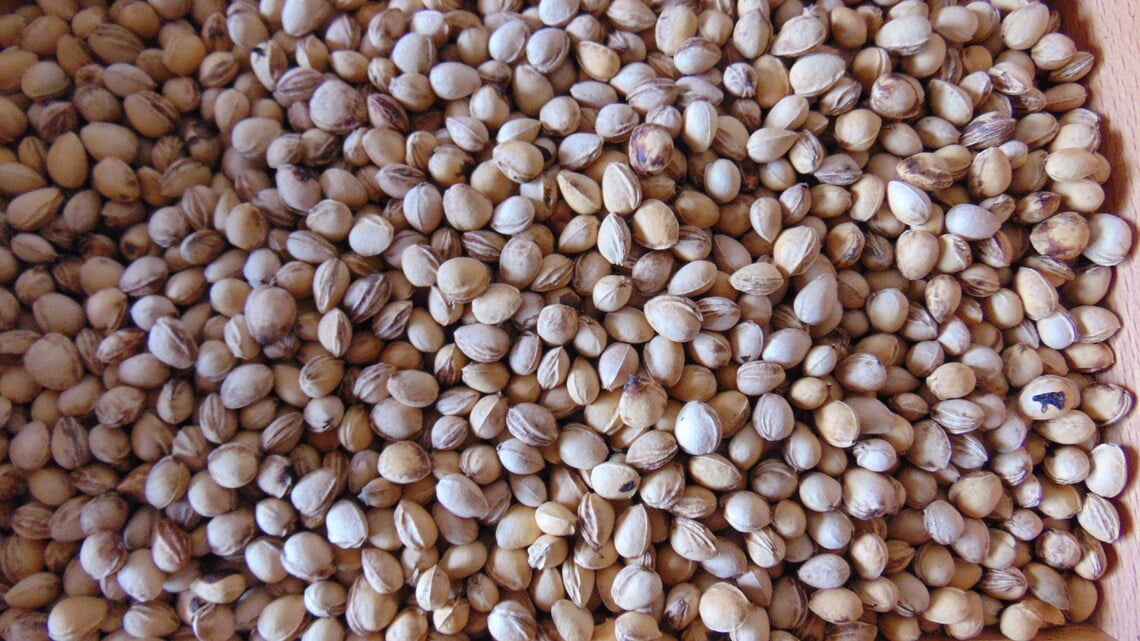Hard or dormant seeds are seeds that do not readily germinate under optimal conditions that would otherwise be favorable for the germination of non-dormant seeds of the same species.
This dormancy acts as a survival mechanism for the plant, ensuring that the seeds don’t all germinate at once, especially under conditions that may be temporarily favorable but soon become adverse.

20 Florida-Native Sandhill Milkweed Seeds Ascslepias Humistrata Pinewood Milkweed
With Johnny Butterflyseed’s Sandhill Milkweed seeds, you’re not just planting flowers; you’re cultivating a living mosaic of nature’s marvels. Florida Native.
The reasons for seed dormancy can be varied:
- Physical Dormancy: This is due to the presence of a hard seed coat that is impermeable to water and gases. The seed coat needs to be ruptured or softened for the seed to imbibe water and germinate. This is common in many legumes.
- Physiological Dormancy: The embryo itself, due to internal factors, is not ready to germinate. This type of dormancy can often be broken by subjecting the seed to certain treatments, such as cold stratification or exposure to certain chemicals.
- Combinational Dormancy: This is when seeds have both a hard seed coat and a dormant embryo, requiring multiple treatments to break dormancy.
- Chemical Dormancy: Some seeds contain chemical inhibitors that prevent them from germinating. These inhibitors might need to be leached out by rain or washed away before the seed can germinate.
Dormancy ensures that seeds germinate at a time when they have the highest chance of survival in their natural environment, whether it’s after a fire, after being ingested and excreted by an animal, or after a cold winter.
Scrub Plum (Prunus geniculata) have a hard endocarp encasing the embryo, which can keep it from germinating for many months or even years. It is not clear what might break dormancy for this endangered Plum shrub in the wild, but it may be fire, sand abrasion over time, or digestion by mammal, or a combination of the three.
In cultivation, understanding and overcoming seed dormancy is crucial for successful plant propagation.

2 Sweet-Scented Pigeonwings (Clitoria Fragrans) Seeds – Florida Native – FL ONLY
Clitoria fragrans is a rare species of flowering plant in the legume family known by the common name pigeon wings, or sweet-scented pigeon wings. It is endemic to Central Florida and is listed as federally endangered. If you think you can grow one, then you can help Johnny on his mission to restore endangered species… one day at a time!
